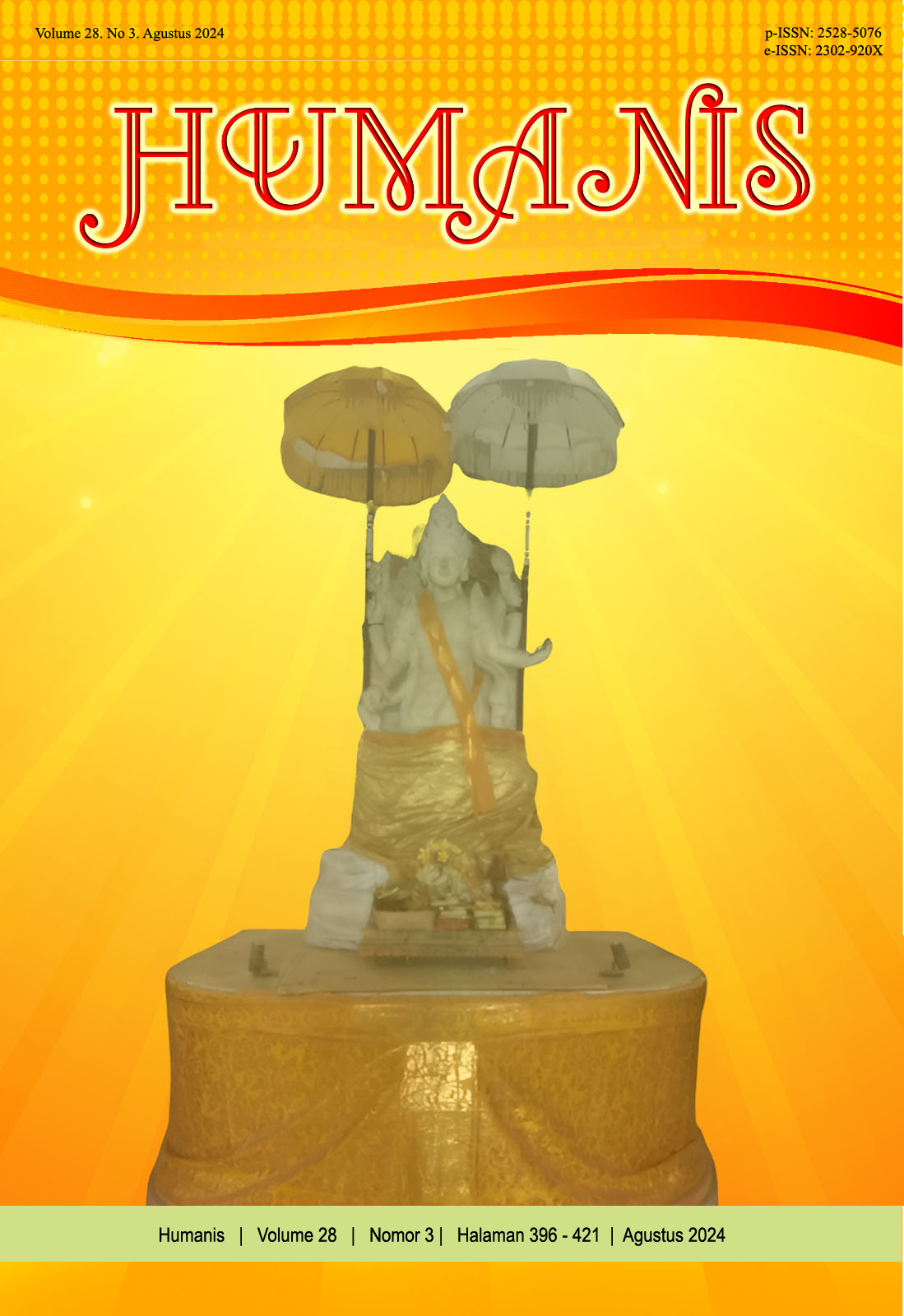Dessabank, Lembaga Keuangan Masa Pemerintah Hindia Belanda di Pedesaan Buleleng-Bali, Awal Abad XX
Abstract
The Dutch East Indies Government’s view of traditional financial management was an early attempt by the government to establish a network of modern financial institutions in rural areas. The government introduced Dessabank as a modern financial institution whose operational task is under the supervision or guidance of central cash officers. Dessabank as a banking institution has to follow the system of rural financial management. The establishment of Dessabank Patemon in 1914 in Patemon Village, Pengastulan District, Buleleng, was responded by the villagers through village officials and utilized the regulations (awig-awig) of Patemon Village. The Dessabank in Banjar Buleleng utilized local administrative personnel and The Dutch East Indies government expected the Dessabank will function well and meet the needs of the village community. In the villages where a Dessabank has been successfully established, there were successful stories such as; the setting of interest rates, the obligation to repay the loan principal, the introduction of the difference in the number of days between the Saka year and the Gregorian year, and the involvement of villagers as bank employees.
Downloads
References
Boeke, J.H. (1919). “Pandcrediet als kleincrediet”. Koloniale Studien. We.tevreden: Albbrecht & co.
Boeke, J.H. (1929). “Indonesische Volksbanken”. Koloniale Studien. Dertiende Jaargang. Tijdchrift van de Vereeniging voor Studie van Koloniaal-Maatschappelijke Vraagstukken.
Carron, C.J. (Augustus 1929). Memorie van Overgave van den Resident Bali en Lombok.
Creutberg, Pieter dan J.T.M van Laanen (penyunting). (1987). Sejarah Statistik Ekonomi Indonesia. Jakarta: Yayasan Obor Indonesia
Djojohadikusumo, Sumitro. (1989). Kredit Rakyat di Masa Depresi. Jakarta: LP3ES.
Garraghan, G.J. S.J. (1957). A Guide of Historical Method. New York: Fordham University Press.
Gonggriijp, G. (1929). “De Reorganisatie der Volkscredietbanken”. Koloniaal Tijdschrift. Achttiende Jaargang. Uitgegeven door de Vereeniging van Ambternaren bij Het Binnelandsch Bestuur in Nederlandch-Indie.
Gottschalk, Louis. (1975). Mengerti Sejarah. Jakarta: Yayasan UI.
Grader. C. J. (1936). Nota van Toelichtingen Betreffende het in te Stollen Zelfbesturend Landschap Boeleleng..
Hunger, F.W.T. (Oktober 1933-April 1935). Memorie van Overgave van Onderafdeeling Boeleleng.
Iswardono. (1994). Uang dan Bank. Yogyakarta: BPFE.
Jaarverslag over 1916 van de Boelelengsche Credietbank te Singaraja.
Kuntowijoyo. (2003). Metodologi Sejarah. Yogyakarta: Tiara Wacana.
Memorie van Overgave het Gewest Bali en Lombok, 1 April 1919.
Memorie van Overgave van den Resident van Bali en Lombok, Augustus 1929.
Oldenborgh, L.C. van. “Eenige Aanteekeningen Omtrent het Crediet op Bali’, Volkscredietwezen, 20e Jaargang, 1932.
Sidemen, Ida Bagus. (1991). “Lima Masalah Pokok dalam Teori Sejarah”. Widya Pustaka. Tahun VIII. Nomor 2. Denpasar: Fakultas Sastra Universitas Udayana.
Sulistyawardhani, MG. (2000). Kredit Rakyat: Suatu Studi Pendahuluan Pada Awal Abad XX di Jawa. Yogyakarta: Kalika.
Termin, Peter (ed.). (1973). New Economic History. Middlesex: Penguin Books.
Wasino. (2010). “Dari Pola Bagi Hasil Menjadi Pembayaran Bunga: Perkembangan Kredit Rakyat di Pedesaan Surakarta Pada Awal Hingga Pertengahan Abad ke-20”. J. Thomas Lindblad dan Bambang Purwanto (ed.). Merajut Ekonomi Indonesia: Essays in Honour of Thee Kian Wie. Yogyakarta: Ombak.


















